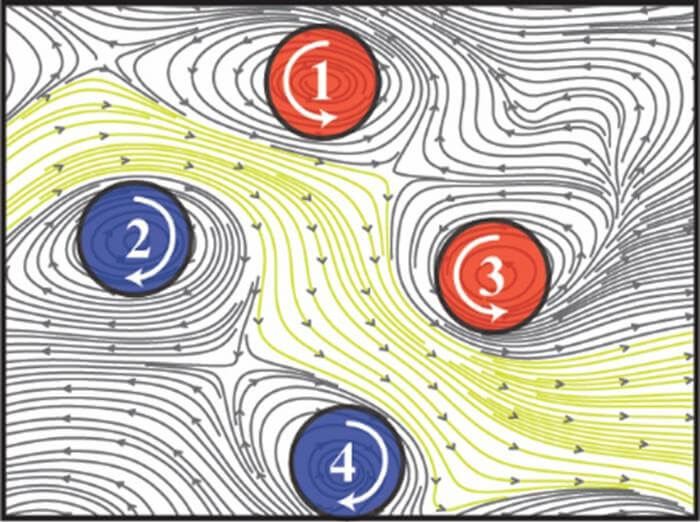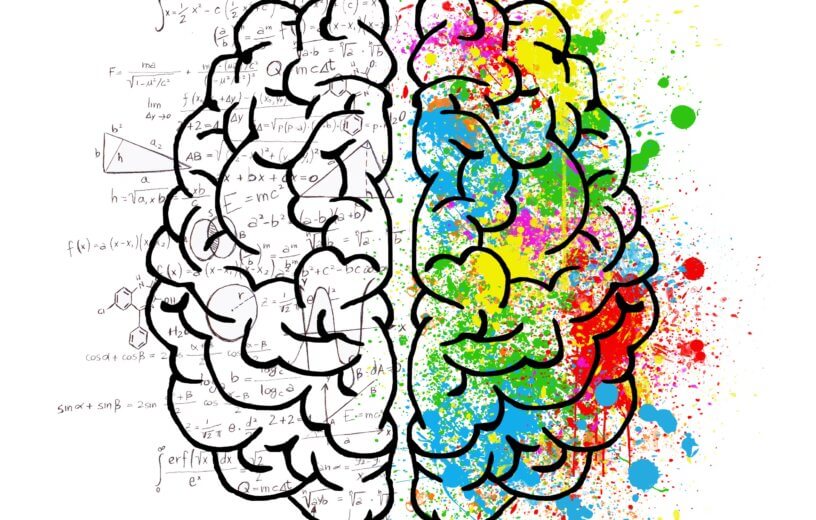SYDNEY, Australia — Do you ever wonder how we’re able to organize our thoughts and process information? Scientists from the University of Sydney and Fudan University have found that brain signals traveling across the outer layer of neural tissue naturally arrange themselves into swirling spirals, and these spirals help organize brain activity and cognitive processing.
Traditionally, neuroscience has focused on understanding brain function through the interactions between individual neurons. However, this research emphasizes the importance of investigating larger processes within the brain to unlock its mysteries.
To gather their findings, the scientists analyzed functional magnetic resonance imaging (fMRI) brain scans from 100 young adults. They adapted methods used to understand complex wave patterns in turbulence to study the brain’s spiral activity.
“One key characteristic of these brain spirals is that they often emerge at the boundaries that separate different functional networks in the brain. Through their rotational motion, they effectively coordinate the flow of activity between these networks,” says study lead author Yiben Xum in a university release.

Associate Professor Pulin Gong, a senior author of the study, highlighted the intricate dynamics and complex interactions of these spiral patterns. They move across the brain’s surface, rotating around central points known as phase singularities. This behavior resembles vortices in turbulence and allows for distributed and parallel neural computations, leading to remarkable computational efficiency.
The implications of this discovery go beyond understanding the brain’s inner workings. It could pave the way for advanced computing machines inspired by the complexity of our own brains. The findings offer new avenues for comprehending brain function, helping medical researchers better grasp the impact of brain diseases like dementia.
The study is published in the journal Nature Human Behaviour.
You might also be interested in:
- ChatGPT for the mind? Brain activity decoder reads and writes down your thoughts
- Declutter the mind: Brain scans reveal how to best get rid of unwanted thoughts
- What happens when you die? Groundbreaking study first to record brain activity during death

